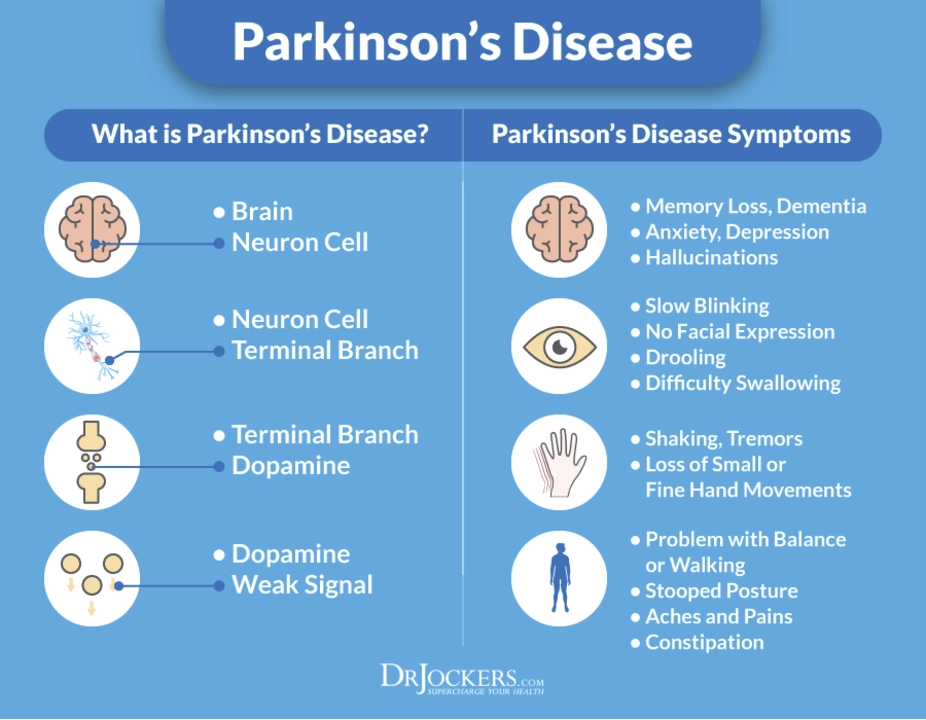Diagnosis: Practical Guides, Tests & Drug Safety
Want clear, useful info about diagnosis without the fluff? This tag collects short, practical guides that help you understand symptoms, read test results, and spot when to see a clinician. You’ll find drug-specific notes that affect diagnosis and planning, plus real-world tips for deciding what matters now versus what can wait.
How to use these diagnosis articles
Start by matching your main symptom to an article title or search within the tag. If you’re seeing changes in mood, breathing, skin, or sleep, read the pieces about those topics first. Each article focuses on: common signs, simple home checks you can do safely, which tests clinicians usually order, and what those tests typically show. For medicine-related issues, we flag drugs that change symptoms or test results — for example, some cancer drugs can affect fertility or blood tests, and common drugs for blood pressure change how doctors interpret readings.
Want faster answers? Scan the first two paragraphs of any post for a quick summary and the bottom for practical next steps. We avoid medical jargon where possible and give clear action points like “call your doctor today” or “book a blood test.” If an issue needs urgent care, the article will say so in plain language.
Selected reads from this tag
Here are a few helpful articles you’ll find under the diagnosis tag. Each one is written for everyday people, not clinicians:
Ativan Dosage and Heart Safety: How anxiety meds can affect people with arrhythmia or high blood pressure — and what to tell your cardiologist.
Capecitabine and Fertility: What to expect from chemo and family planning, including timing and options to discuss with your oncologist.
Duricef Antibiotic Guide: How this antibiotic is used, what symptoms it treats, common side effects, and when to seek follow-up testing.
Accutane: Isotretinoin for Acne: How doctors diagnose severe acne and monitor patients on isotretinoin for side effects.
We also cover supply issues and how they affect diagnosis and treatment — for example, when key inhalers run short and doctors recommend different tests or alternatives. Plus, several posts explain how buying meds online can change follow-up care and testing needs, so you know what to check for when you order prescriptions.
If you want help finding the right article quickly, use the site search with a symptom, drug name, or test (like “blood work” or “X-ray”). And remember: these articles are meant to inform and prepare you for a medical visit, not replace one. If something feels urgent, contact your healthcare provider or emergency services right away.

